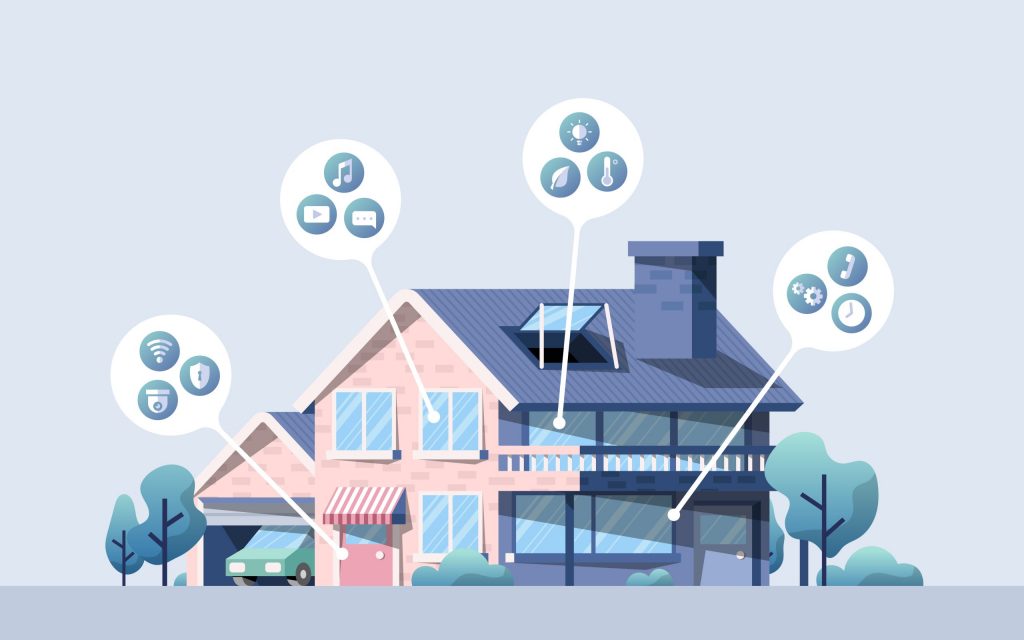The Evolution of Smart Homes: Unveiling the Intricacies Behind the Name
2 min read
In recent years, the term "smart home" has become increasingly popular, capturing the imagination of homeowners and technology enthusiasts alike. But have you ever wondered why it's called a smart home? In this blog post, we will delve into the origins and intricacies of smart homes, exploring the technology, benefits, and future prospects that make them truly deserving of the name.
- The Concept of Smart Homes:
At its core, a smart home refers to a residence equipped with advanced automation systems and interconnected devices that can be controlled remotely. These devices, ranging from thermostats and lighting to security systems and appliances, are designed to enhance convenience, efficiency, and security within the home environment. - The Evolution of Smart Home Technology:
The concept of smart homes traces its roots back to the early 20th century, with the invention of basic home automation systems. However, it wasn't until the advent of the internet and the proliferation of wireless connectivity that smart homes truly began to flourish. The integration of sensors, artificial intelligence, and machine learning has further propelled the evolution of smart home technology, enabling seamless communication and interaction between devices. - Key Features and Benefits:
One of the defining features of smart homes is their ability to adapt and learn from user behavior. Through the use of sensors and data analysis, smart homes can automatically adjust temperature, lighting, and other environmental factors to optimize comfort and energy efficiency. Additionally, smart security systems provide enhanced protection through real-time monitoring, remote access, and intelligent alerts. - The Role of Artificial Intelligence:
Artificial intelligence (AI) plays a pivotal role in the functioning of smart homes. AI-powered virtual assistants, such as Amazon Alexa and Google Assistant, enable voice control and seamless integration with other smart devices. These assistants can perform a wide range of tasks, from playing music and answering questions to managing schedules and controlling home appliances. - Future Prospects:
As technology continues to advance, the potential for smart homes is boundless. The integration of Internet of Things (IoT) devices, 5G connectivity, and augmented reality (AR) holds promise for even more sophisticated and immersive smart home experiences. From personalized health monitoring to predictive maintenance, the future of smart homes is poised to revolutionize the way we live.
Conclusion:
In conclusion, the term "smart home" encompasses a vast array of technologies and innovations that have transformed the way we interact with our living spaces. From the early days of home automation to the AI-powered ecosystems of today, smart homes have come a long way. With their ability to enhance convenience, efficiency, and security, smart homes truly deserve the name. As technology continues to evolve, the future of smart homes looks brighter than ever.
